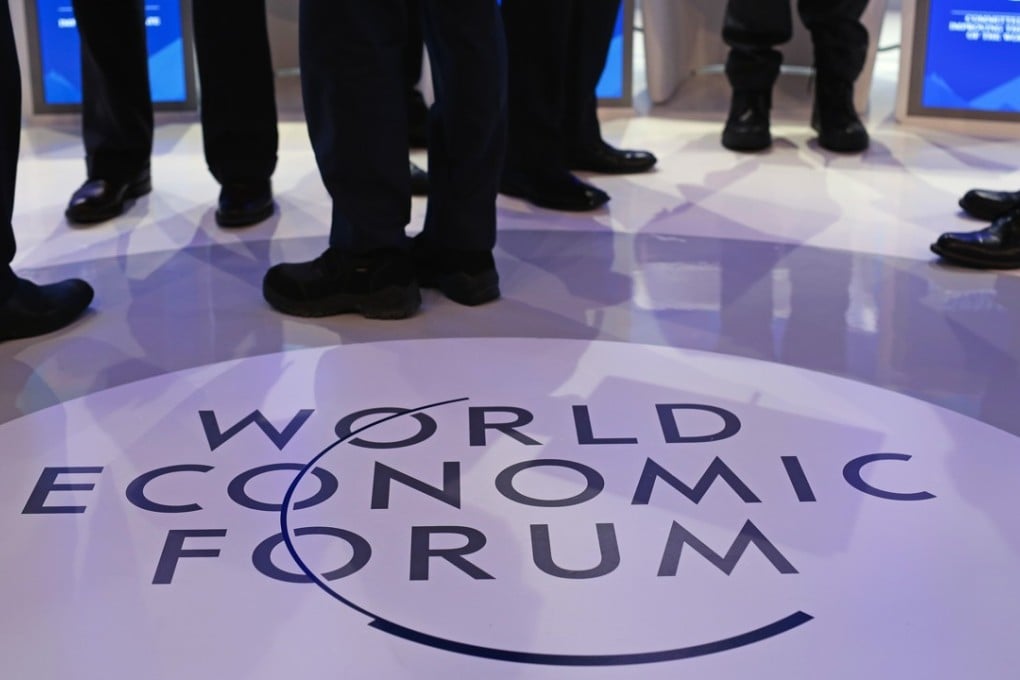The View | The fourth industrial revolution will worsen inequality – but only if the world lets it
- Klaus Schwab says the right response to globalisation is not retreating within national borders but crafting new models that create opportunities for all
- The upcoming World Economic Forum will be about meeting this challenge as the disruptions of the fourth industrial revolution accelerate

After all, this moment of crisis has raised important questions about our global-governance architecture. With more voters demanding to “take back control” from “global forces”, the challenge is to restore sovereignty in a world that requires cooperation. Rather than closing off economies through protectionism and nationalist politics, we must forge a new social compact between citizens and their leaders, so that everyone feels secure enough at home to remain open to the world at large. Failing that, the ongoing disintegration of our social fabric could ultimately lead to the collapse of democracy.
Moreover, the challenges associated with the “fourth industrial revolution” are coinciding with the rapid emergence of ecological constraints, the advent of an increasingly multipolar international order, and rising inequality. These integrated developments are ushering in a new era of globalisation. Whether it will improve the human condition will depend on whether corporate, local, national and international governance can adapt in time.
Watch: World Economic Forum panellists on sustainable development
Meanwhile, a new framework for global public-private cooperation has been taking shape. Public-private cooperation is about harnessing the private sector and open markets to drive economic growth for the public good, with environmental sustainability and social inclusiveness always in mind. But to determine the public good, we first must identify the causes of inequality.
